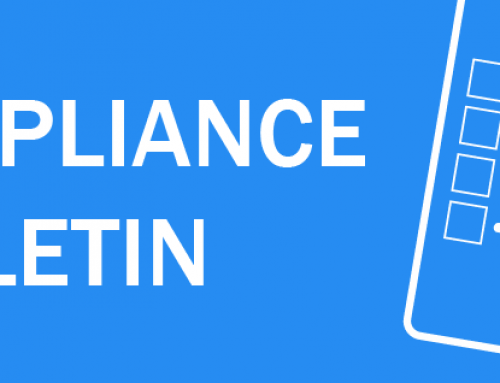Relevant life insurance has become an increasingly popular way of writing life insurance due to its cost effective nature. Relevant life is not a new product, but I thought I would take a little time to recap a few of the basics surrounding this product; particularly as Aviva have come to the market with something ‘a little bit different’.
Had Aviva come to market with a revised relevant life product, not many eyes in the protection market place would have raised from their actuarial tables; but, in their wisdom Aviva decided to shake things up a little with the introduction of a relevant life policy that also includes critical illness cover and that has really got the industry talking. More of that later…
What is Relevant Life Assurance?
Historically Relevant Life has simply been a term assurance policy that is designed to pay out on the death of an employee. Nothing, particularly different there then. Where it differs from a standard term assurance is that it is proposed, and paid for, by the business, and it is that feature that can create some attractive benefits.
Simply put; Relevant Life Cover is designed to pay a lump sum if the employee dies whilst employed during the length of the policy.
How does it work?
As with all life insurance policies, it is designed to pay a lump-sum benefit which is normally calculated as a multiple of the life-assured’s salary. Historically cover has been available on a death only basis (there has been an option to include Terminal Illness cover as well), however, it is now possible to include Critical Illness cover.
Typically these policies are arranged on a level term basis but some insurers allow for decreasing cover, and most will offer indexation (increasing) cover.
Who is it aimed at?
Typical clients would include anyone who is employed by a business. It would normally be arranged in one of the following circumstances:
- Directors wishing to provide their own individual ‘death in service’ benefits without taking out a scheme for all employees
- High-earning employees where ‘death in service’ does not form part of their ‘lifetime allowance’ (£1.5 million 2012/13)
The important thing to remember is the need for an employer-employee relationship.
It would not be suitable for sole traders, partnerships or limited liability partnerships. It would also be unsuitable for shareholder protection. There are also rules surrounding tax avoidance which would need to be considered.
Are there any tax implications?
The main advantage with a Relevant Life policy is the tax treatment, which is beneficial both for the employee and the employer.
Employee:
- The policy is not considered a ‘Benefit in Kind’ therefore is exempt from income tax and National Insurance contributions.
- Also, benefits are normally free from inheritance tax as policies are written into trust.
- Finally, the schemes are ‘non-registered’ so they will not form part of the employee’s annual or lifetime allowance for pensions. This makes these schemes particularly attractive for high earners.
Businesses:
- Corporation tax relief (so long as the premiums are wholly and exclusively for the purposes of the business).
- No National Insurance contributions to pay on the policy payments paid to fund the Relevant Life policy.
How do the Trusts work?
The employer should arrange for the Relevant Life policy to be written in trust for the benefit of the employee’s family. This will help to fulfill the legislative requirements for a Relevant Life policy and also in most cases, it should help to mitigate inheritance tax.
The typical trust used would be a discretionary trust, but this may depend on the benefits included within the policy (e.g. terminal illness cover).
The trustees will normally be a minimum of the business itself and the life-assured although it is advisable for there to be at least one other trustee.
Beneficiaries can be anyone nominated by the life-assured which would normally be family members or perhaps a charity. However the beneficiaries may not be the business itself and may not normally be for another stakeholder of the firm. This would be considered using the scheme for tax avoidance as shareholder protection or key person insurance would be more suitable.
What level of compliance is required?
Relevant Life Assurance is a regulated product, therefore the sales process is the same as any other type of policy. The important thing to remember is that the file must demonstrate that the benefits are genuinely for the employee and nit the employer so as to avoid any allegation of tax avoidance. It is also imperative that the trust is set up correctly, with the beneficiaries clearly recorded on the file so as to give evidence of their suitability.
What about Critical Illness Cover?
Well without turning this article into an advertorial for Aviva, it must be stated that they are currently the only provider currently offering this type of cover.
I have to admit that I was initially sceptical about this sort of product, but having done a significant amount of research and having reviewed some of the legal advice that Aviva have sought it appears a completely legitimate product and for that reason as a ‘forward-thinking’ network, we are keen to embrace this type of product.
I do have a cautionary note before anyone rushes out to begin selling this product, and it definitely falls under the “Ben, you are stating the obvious again” heading – Please make sure that you are familiar with the product and the intended client profile. Please ensure that your files evidence that you ‘Know Your Customer’, have conducted appropriate research and your recommendations are clearly explained.
There is plenty of CPD available should you wish to learn more. Why not start with this document from Aviva themselves.




